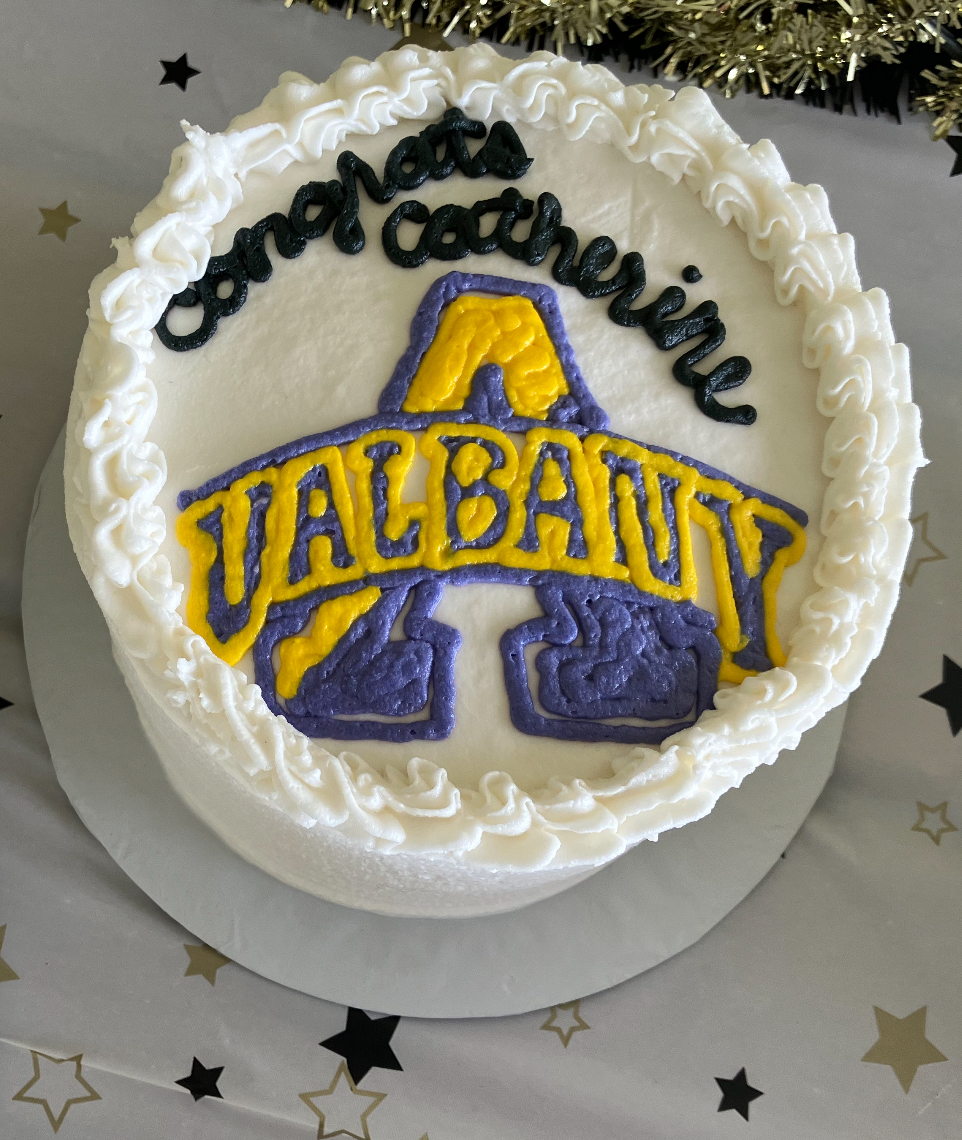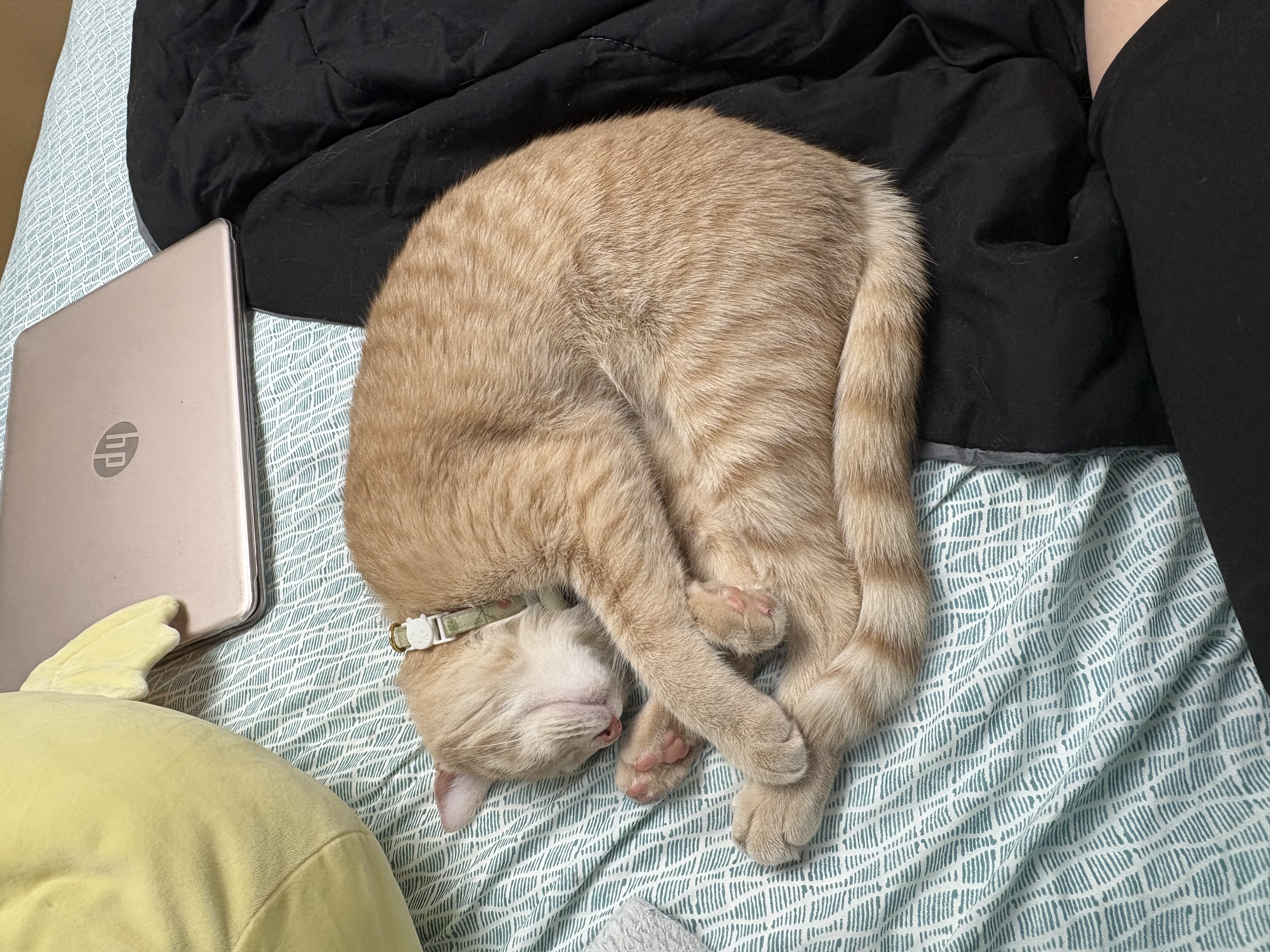Transitions in Foster Care
- transition plan, housing, future, experience, mentors, relationships, youth
- Housing, Money, Transitioning Out of Care, Resources for Parents, Guardians, Families, Resources for Professionals, Resources for Teens and Young Adults
As you get older, you’ll probably have lots of conversations with your support systems about having to transition from foster care into the “real world.” This can sound really scary at first, but thankfully, you won’t have to go through it alone. There will be support to help guide you every step of the way and ensure the transition goes as smoothly as possible.
My Transition Story
When I turned seventeen, my support system, Lauren and Pete, started helping me apply to college, along with finding scholarships, grants, and government funding specifically for foster kids like me! When I was accepted, everyone was very proud and happy for me. I even got a graduation party where one of my supportive adults baked me a custom cake!

I thought being accepted into college was going to be the hardest part, but slowly, the realization of having to live all by myself in a different city struck me. How would I schedule and attend my appointments? What do I do if I am feeling overwhelmed and alone? How can I afford all of my necessities?
Leaving Foster Care
When leaving foster care and transitioning to college, I didn’t take my health very seriously. I was living alone with nobody to tell me what to do, and I thought that was the best thing ever. When I left my residential placement, I was given the remainder of my medication and told I’d need to handle future refills on my own. Unfortunately, once I ran out, I didn’t take the steps needed to get it refilled. As a result, I experienced a serious mental health decline. It was then that I truly realized how important it is to continue prioritizing my own well-being. Luckily though, my supportive adult, Lauren, noticed I was seeming weirdly off and explained how important it is to take care of myself. She and I used my insurance card to find me a provider, and we set up an appointment. After that was taken care of, I just needed to find transportation. Amazingly, I found out my insurance covered medical transportation! I could set up an appointment and then just call the number on my insurance card and they would set up a free cab to transport me to and from any medical appointments!
Going to college felt incredible, I was so proud of myself for getting in and being able to live on my own. However, after a few weeks I began feeling small and alone. I didn’t know anyone there, and I felt all alone in the world and began overthinking, “am I smart enough for this? Do I deserve to be here?” It was especially hard for me during academic recesses, seeing just about everyone on campus go home to their families while I stayed on campus alone for days or even weeks depending on the season. I finally decided I needed to do something about my helplessness and reached out to some of my supportive adults. I don’t know why I was so afraid to reach out, but I’m glad I did. Now I get to look forward to consistent visits with my support and I don’t feel so alone. The best suggestion I ever got was from Lauren, which was to get an emotional support animal (ESA). Lauren helped me with the process of getting an ESA approved and it was the best decision of my life. Now I have a little buddy who’s always with me at college and I don’t ever feel alone. His name is Creamy and he's the sweetest little guy ever!

Moving out of a residential center meant having to pay for all of my own stuff and no longer having free outings/activities to do every once in a while. I knew I got an allowance from my county, but thirty dollars a month wasn’t going to cut it. The question now was “how can I get the money I need?”. Before leaving for college, I did have some money I saved from working at my school. It wasn’t a lot since I was only being paid eight dollars an hour for about eight to ten hours a week, but it was something. The anxiety I had about money quickly faded when I found out that ALL of my college was going to be paid for through grants, scholarships, and other sorts of funding Lauren and Pete helped me find and apply for. I even found out every semester I would be getting a refund to help pay for other expenses such as books, food, clothing, etc. Lauren even helped me get an easy job on campus that pays really well and has the most amazing, flexible hours ever.
Transition Plan
One of the most important parts of transitioning out of foster care is completing your OCFS Transition Plan which you can view here. In this document, you and a caseworker will go through and fill out sections about important information like what essential documents you’ll need during discharge, life skills, and available resources. This is a very important step in transitioning to help you prepare for your future!
Resources
When leaving foster care, it’s very important to be aware of what resources are available to ensure you have the best experience transitioning and stay on track with your goals. Did you know that once you turn 18, Medicaid coverage can continue until you are 26 years old under certain circumstances. Specifically, if you were under the state’s care when you turned 18 (Medicaid for Foster Youth Eligibility and Benefits | Foster Love). This is especially vital to know because the most important person to take care of is YOU! Always make sure you keep up with your health and show yourself the love you deserve!
Other resources:
- Need to Know Series: Transition to Self-Sufficiency
- Need to Know Series: Keys to Your Success: Essential Documents
- FosterClub Transition Toolkit
- Chafee Foster Care Program for Successful Transition to Adulthood
- OCFS Transition Plan
About the Author:
Catherine is a summer intern with Youth In Progress.
